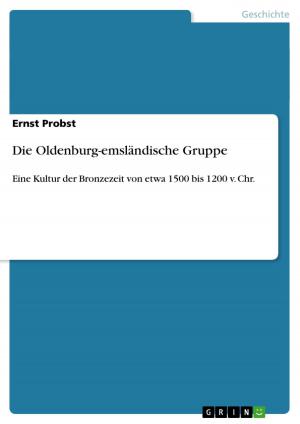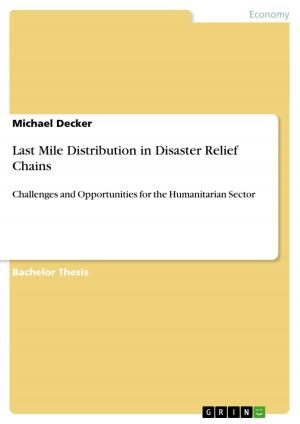Comparing the Fire Danger Rating Systems of Canada and the US: FWI versus NFDRS
Nonfiction, Science & Nature, Technology, Agriculture & Animal Husbandry| Author: | Benjamin Schwarz | ISBN: | 9783656732440 |
| Publisher: | GRIN Verlag | Publication: | September 1, 2014 |
| Imprint: | GRIN Verlag | Language: | English |
| Author: | Benjamin Schwarz |
| ISBN: | 9783656732440 |
| Publisher: | GRIN Verlag |
| Publication: | September 1, 2014 |
| Imprint: | GRIN Verlag |
| Language: | English |
Seminar paper from the year 2014 in the subject Forestry / Forestry Economics, grade: 1,3, University of Toronto, language: English, abstract: This paper describes and compares conceptually the Fire Weather Index (FWI) system of Canada and the National Fire Danger Rating System (NFDRS) of the USA. The relatively simple FWI system rates fire danger for all Canada and is based on empirical field-data derived from a single fuel type. The laboratory-based NFDRS, in contrast, allows more specification for distinct fire danger areas and models fuel moisture more abstract and in different classifications. Relative strengths and weaknesses with regard to the vegetative conditions in the particular country are discussed. The use of empirical data and the good and simple representation of soil moisture are the major strengths of the FWI system. The NFDRS wins through its possibility to model specifically a distinct fire danger area and through the consideration of live fuel moisture content. The conclusion of this paper is that both systems can benefit from each other. A combination of the simplicity of the FWI and specialization on a distinct area through the site descriptors similar to the ones of the NFDRS is proposed.
Seminar paper from the year 2014 in the subject Forestry / Forestry Economics, grade: 1,3, University of Toronto, language: English, abstract: This paper describes and compares conceptually the Fire Weather Index (FWI) system of Canada and the National Fire Danger Rating System (NFDRS) of the USA. The relatively simple FWI system rates fire danger for all Canada and is based on empirical field-data derived from a single fuel type. The laboratory-based NFDRS, in contrast, allows more specification for distinct fire danger areas and models fuel moisture more abstract and in different classifications. Relative strengths and weaknesses with regard to the vegetative conditions in the particular country are discussed. The use of empirical data and the good and simple representation of soil moisture are the major strengths of the FWI system. The NFDRS wins through its possibility to model specifically a distinct fire danger area and through the consideration of live fuel moisture content. The conclusion of this paper is that both systems can benefit from each other. A combination of the simplicity of the FWI and specialization on a distinct area through the site descriptors similar to the ones of the NFDRS is proposed.















